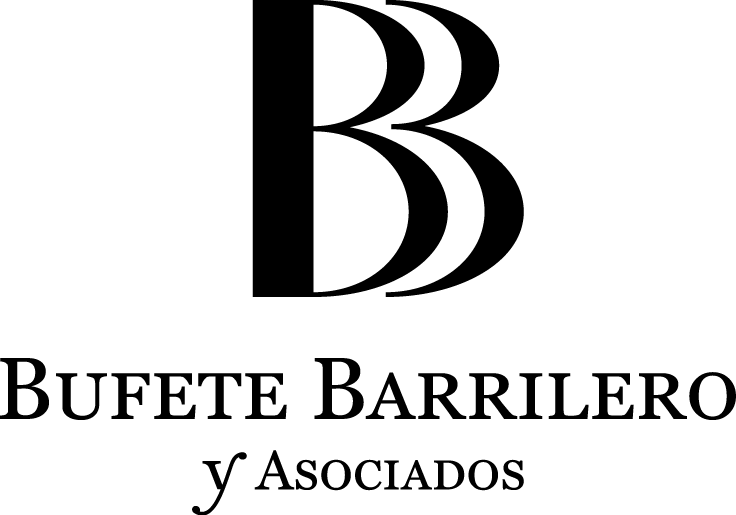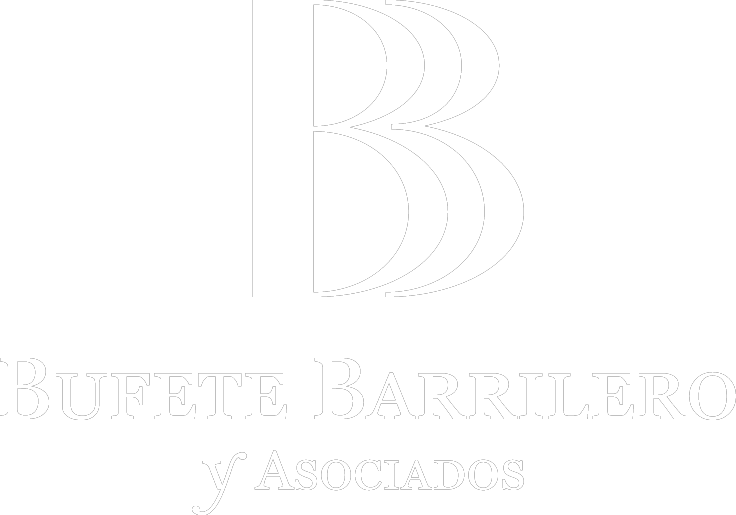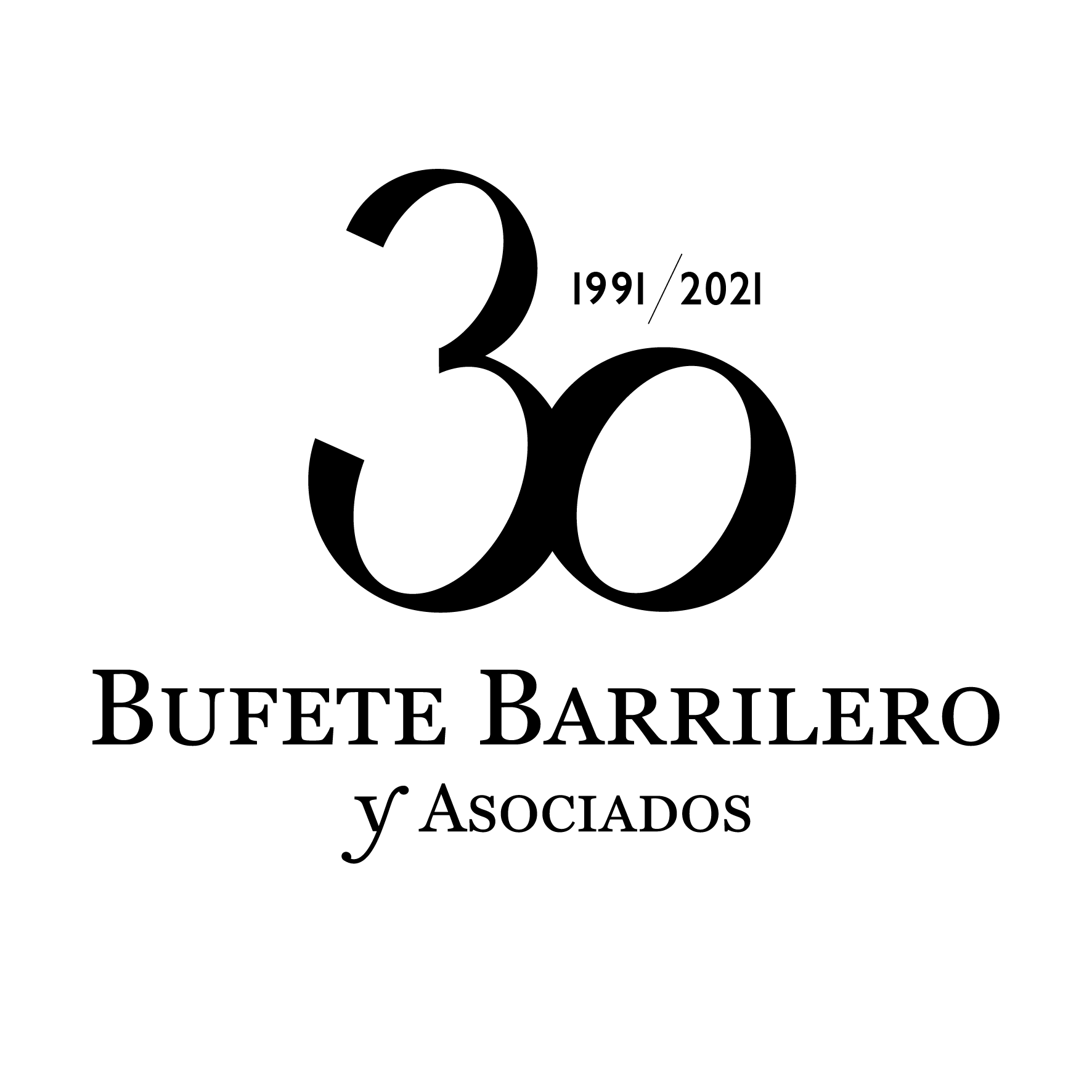TAX LAW
Sofía Unamuno Mintegui
The Administrative Chamber of the Supreme Court, in its Judgment of 1 July 2025 (Appeal No. 642/2023, Resolution No. 901/2025), addresses the issue of whether the derivation of subsidiary liability of corporate directors must be duly reasoned.
In this respect, it should be recalled that the derivation of liability to directors is regulated under Article 43.1(a) of the General Tax Law (Ley General Tributaria, hereinafter “LGT”), which provides that the de facto or de jure director of a legal entity shall be subsidiarily liable for the tax debt when, having the company committed tax infringements, such director has failed to perform the acts necessary to ensure compliance with tax obligations and duties, has consented to their breach by subordinates, or has adopted resolutions that made such infringements possible. The provision also establishes that this liability extends to the corresponding penalties.
Traditionally, the Tax Administration, relying on this provision, has assumed that whenever there exists a de facto or de jure director, such individual automatically bears subsidiary liability for the tax debts incurred by the legal entity, without assessing whether the director was actually negligent in fulfilling their duty to ensure the company’s tax compliance.
From a doctrinal standpoint, there has long been a divergence of opinion: some interpretations, grounded in the literal wording of the provision, have maintained that directors are always liable; others have advocated for the need to provide reasoning and evidence to justify the derivation of such liability. This divergence highlighted the necessity for a clear and recent judicial pronouncement to ensure legal certainty.
Amid this uncertainty and the differing criteria — compounded by the practical difficulty of proving a director’s lack of responsibility before the Tax Administration in certain cases — the Supreme Court admitted the cassational interest of this question and has now resolved it, thereby establishing binding case law in its Judgment of July 2025.
Specifically, the Administrative Chamber of the Supreme Court held the following:
- That the condition of being a director of the company is necessary but not sufficient for the derivation of subsidiary liability under Article 43.1 of the LGT.
- That the mere registration or formal acknowledgment of one’s status as director is not, in itself, sufficient to derive such liability under Article 43.1(a) LGT.
- That it is the Tax Administration which must expressly and specifically set out, in each case of derivation, the conduct of the director that gave rise to the unlawful acts leading to the sanctions imposed upon the company.
- That a generic reference to the obligations of the office as provided in commercial law is insufficient to establish tax liability on the part of the director.
Consequently, pursuant to this ruling, it is established that a director of a legal entity does not automatically become subsidiarily liable merely by virtue of holding that position. The Tax Administration must, within an adversarial procedure, ensuring the participation and hearing of the alleged liable party, provide the evidentiary basis substantiating the elements of such liability.
Furthermore, the Court clarifies that in cases of doubt, the principle of in dubio pro reo shall apply — that is, unless the Administration can prove the director’s effective responsibility, no derivation of liability may be imposed.


